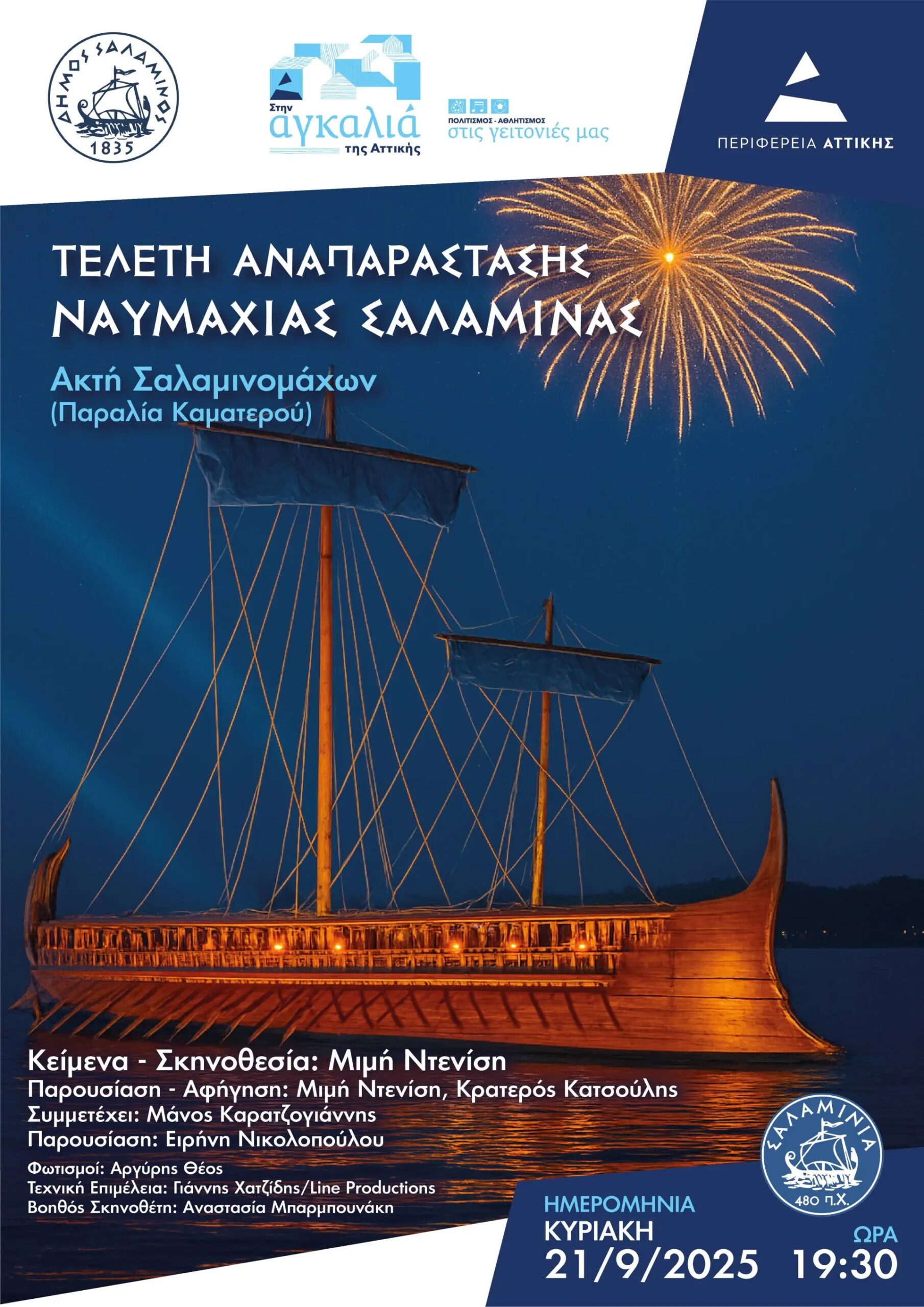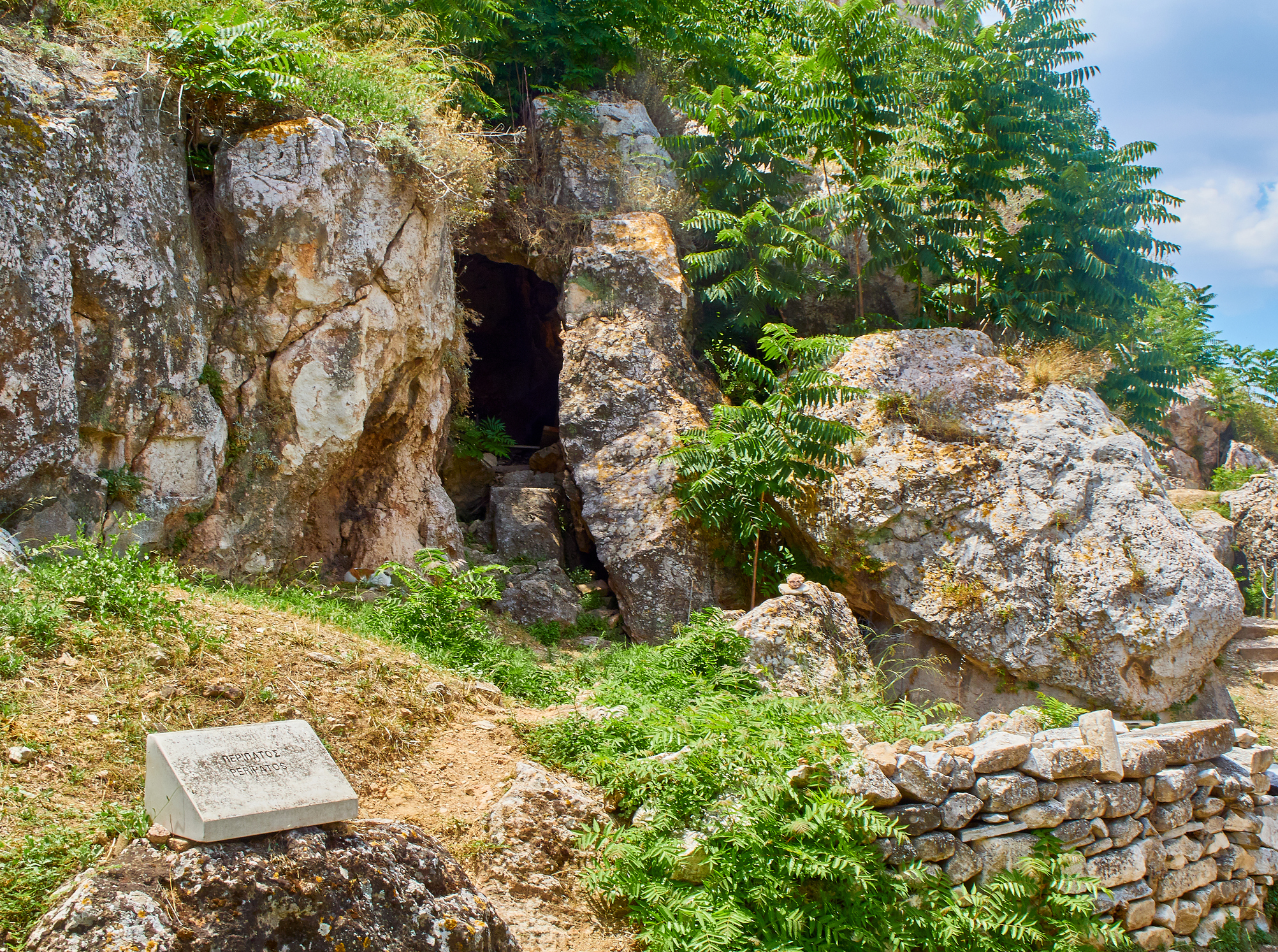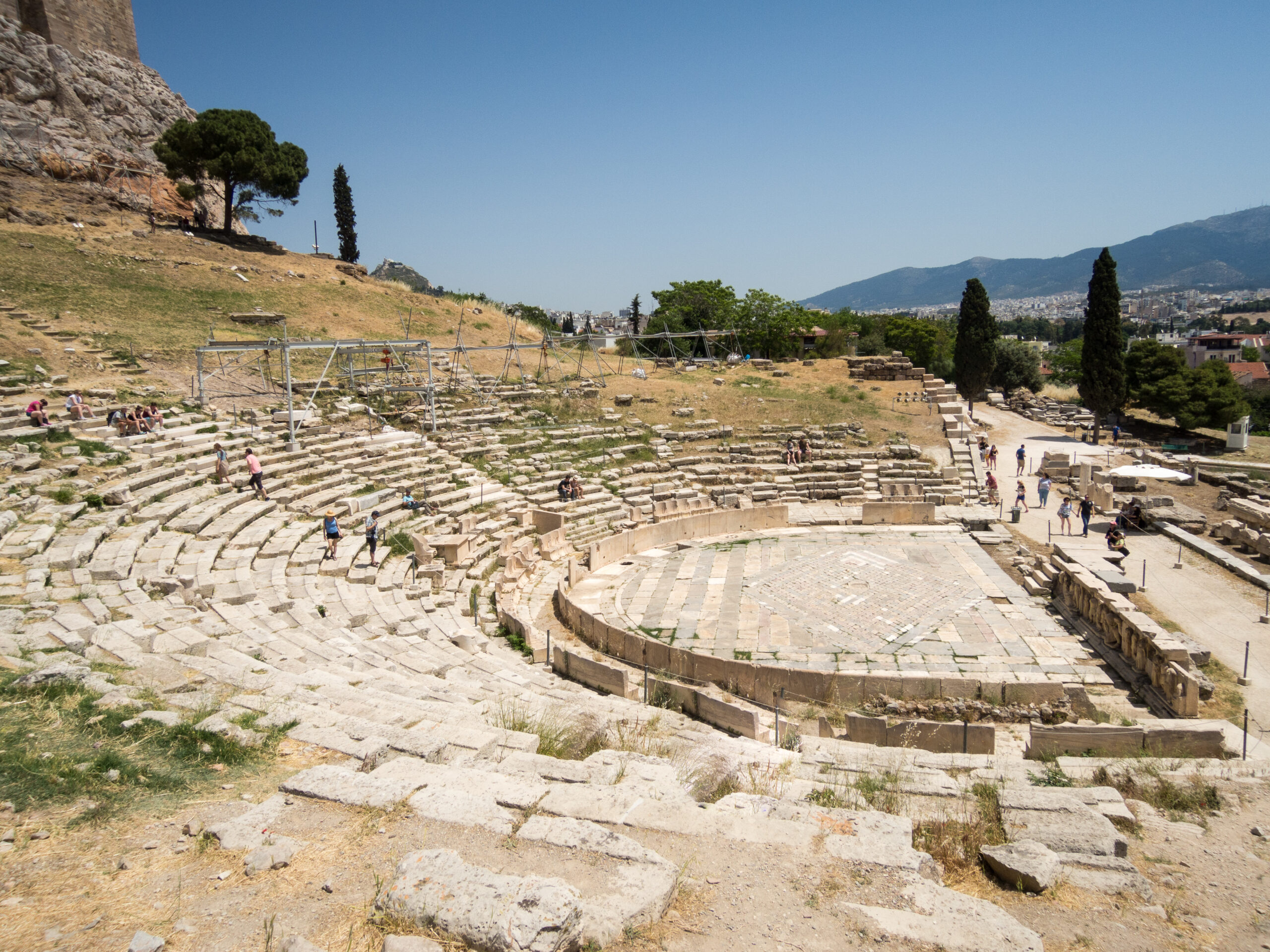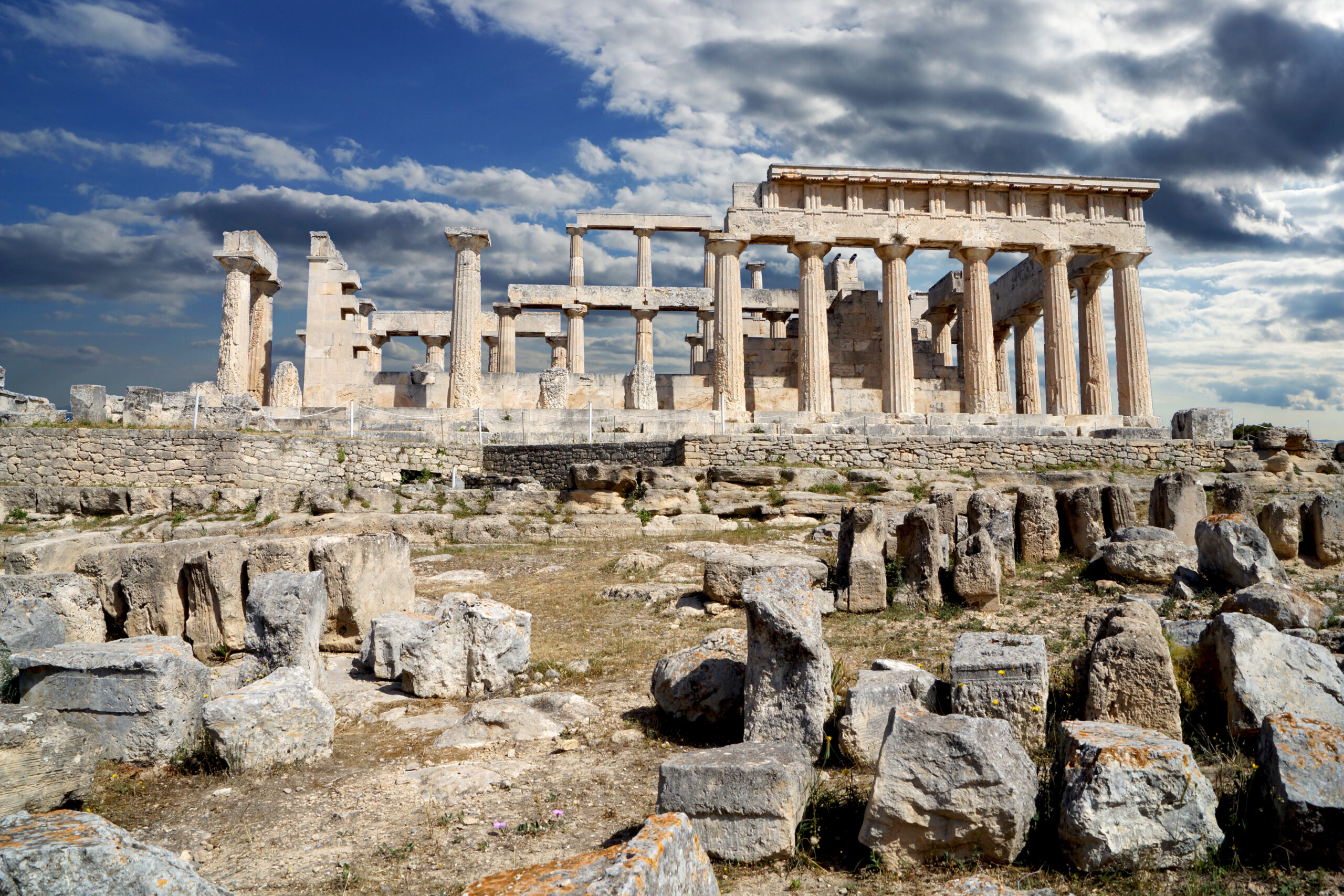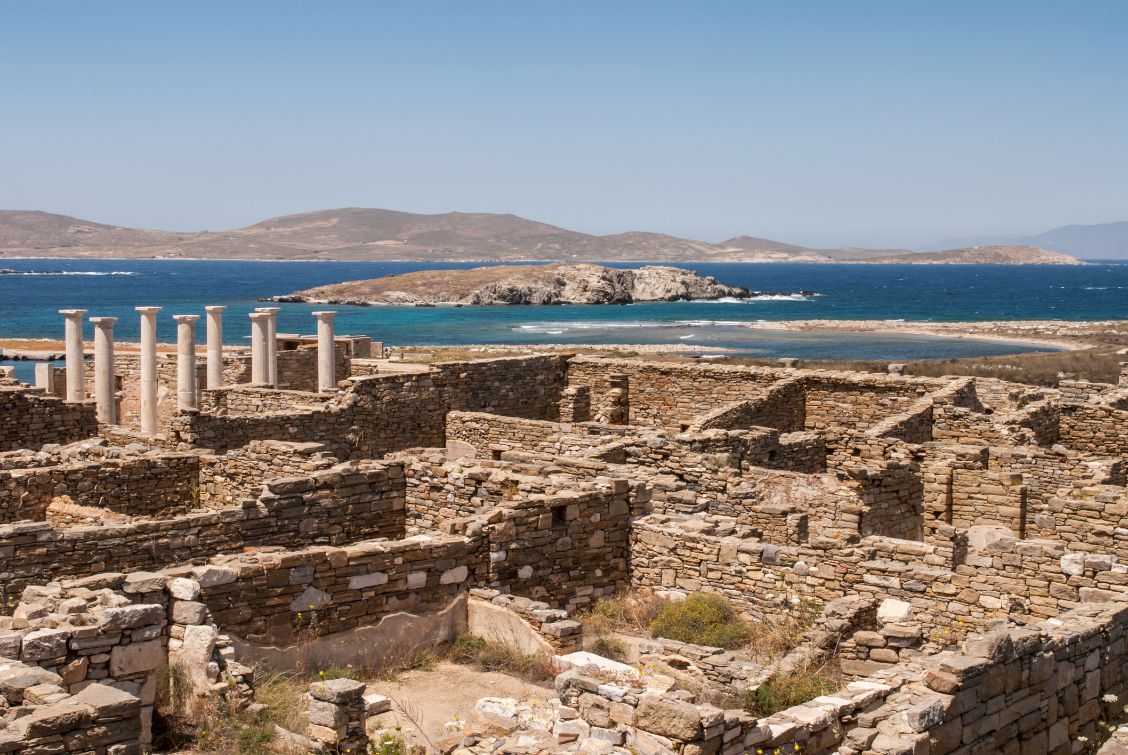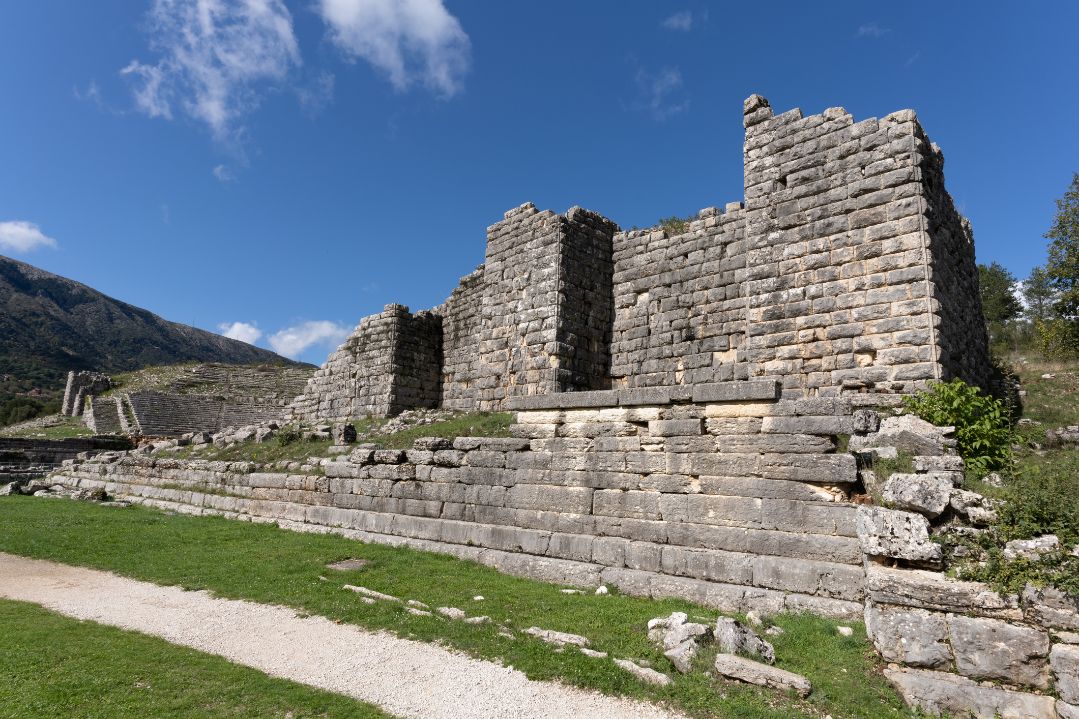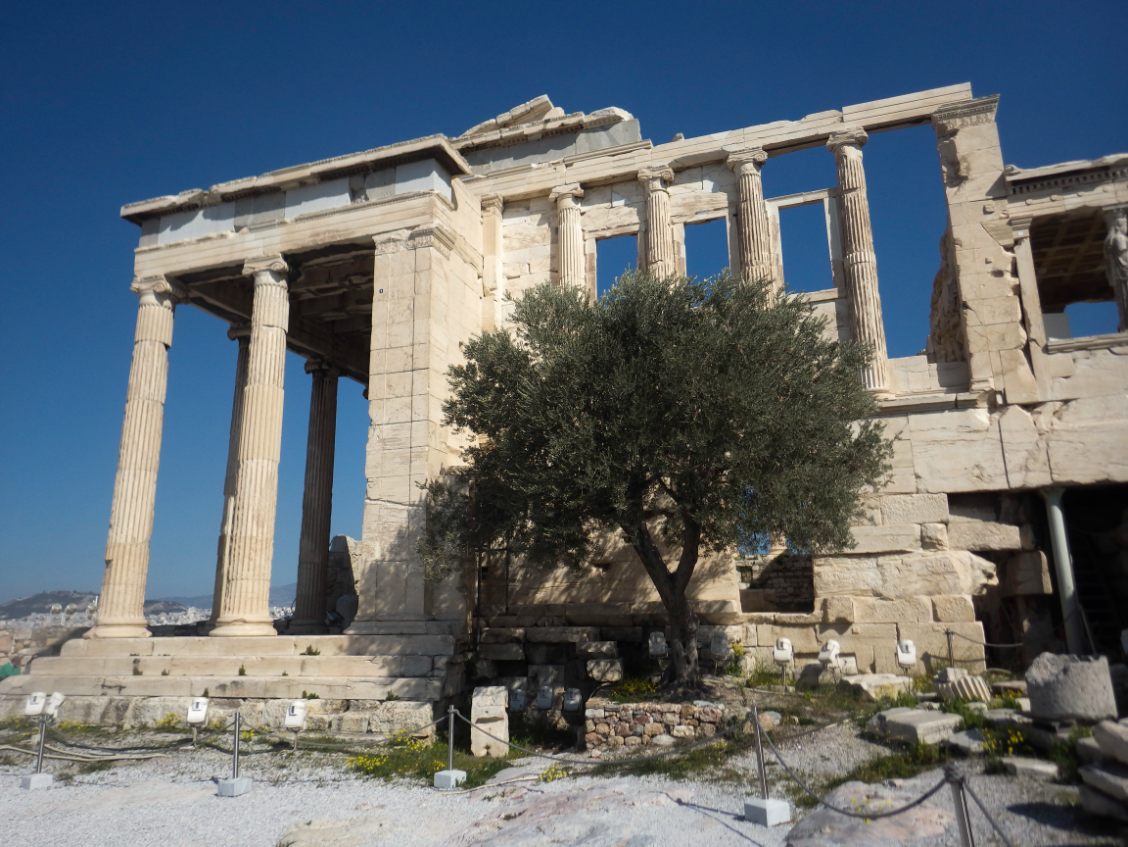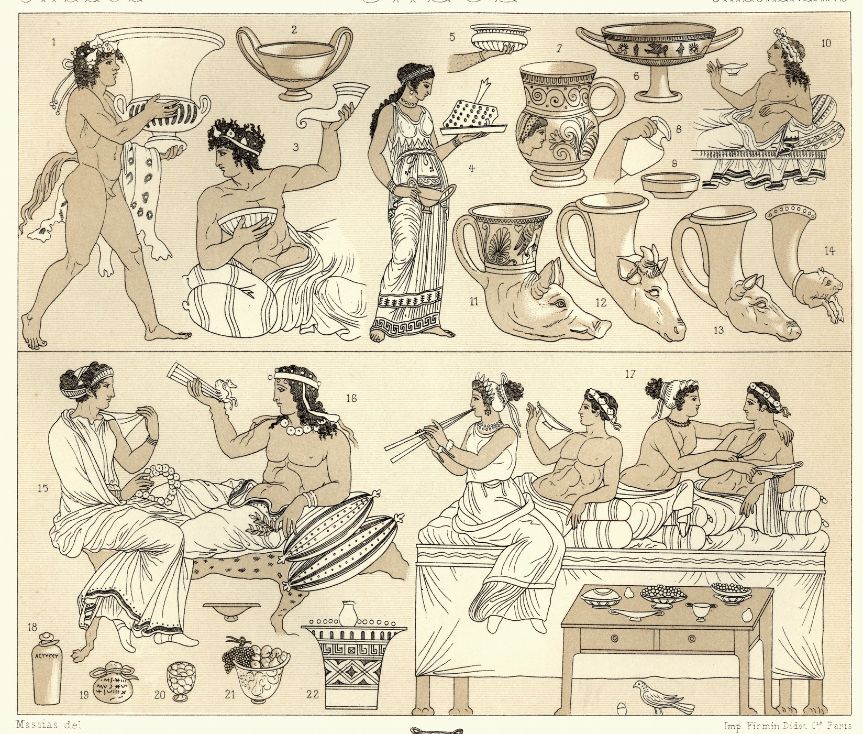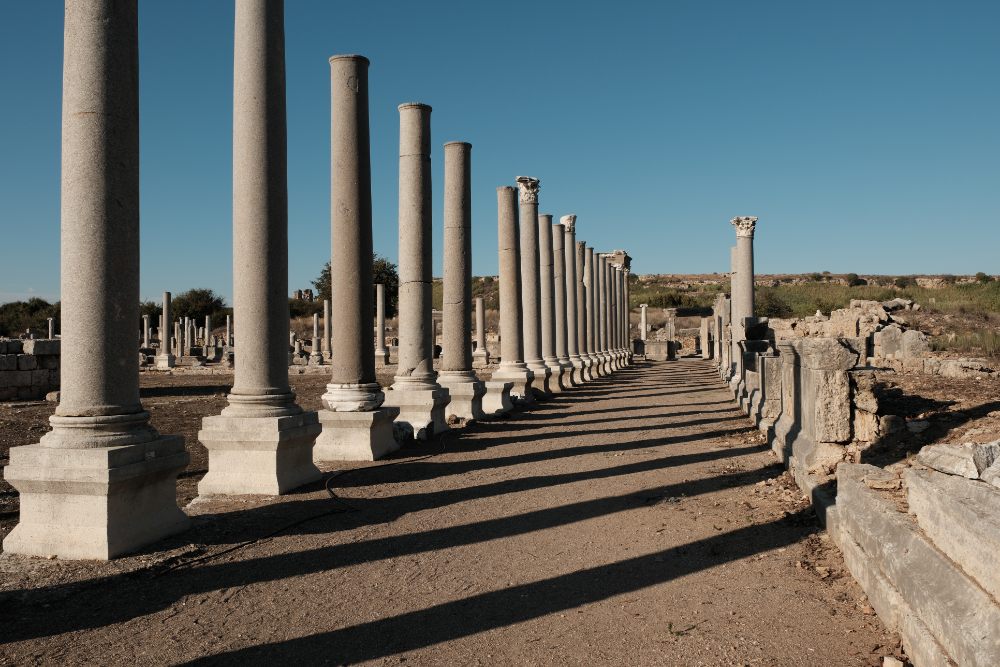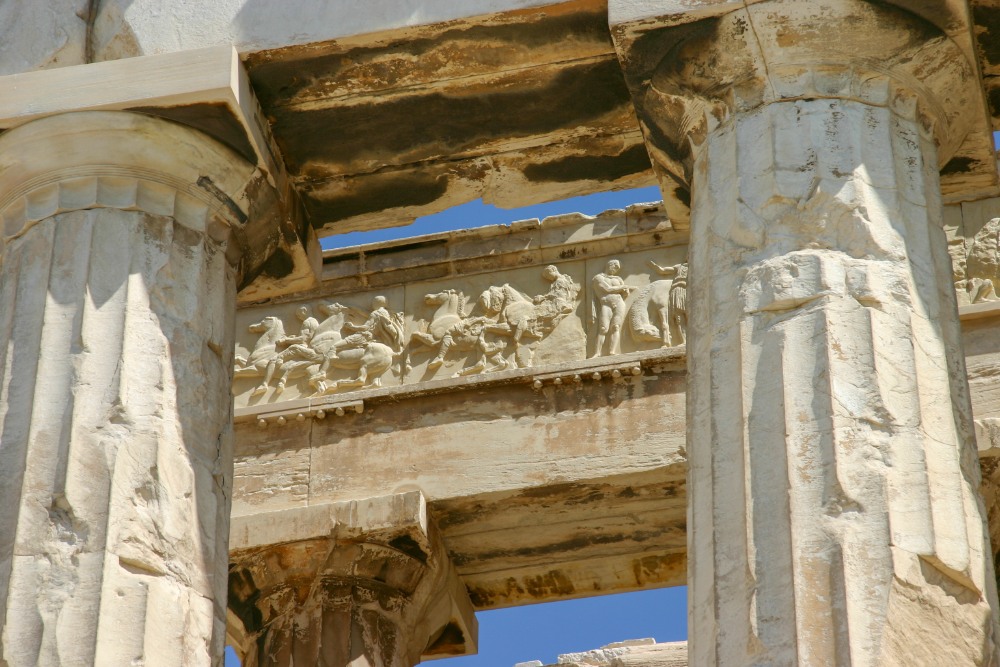Strategy, Sea, and the Turning Tide
The Battle of Salamis, 480 BCE, was a pivotal naval engagement between an alliance of Greek city states under Themistocles and the Achaemenid Empire under King Xerxes. It resulted in a victory for the outnumbered Greeks and marked the high point of the second Persian invasion of Greece.
Set in the straits near Salamis, the battle exploited geography. The Persians had a larger, more powerful fleet, but the narrows constrained their ships, which were longer and less maneuverable. The Athenians and their allies relied on faster, hoplite-supported triremes, disciplined rowing, and tight formations. Themistocles tempted the Persian fleet into the strait by sending misleading signals and promising resistance at every turn.
The Greek line feigned confusion and then pressed forward. The strait’s bottleneck caused ships to bunch up, making the larger Persian ships easy targets for ramming and boarding. Greek triremes, designed for quick maneuvers and strong ramming capability, exploited the cluttered space, striking critical blows to Persian vessels.
Oars beat in unison, shields clashed, and captains shouted commands to maintain the line amid shifting currents and wind. Persian archers and sailors faced logistical challenges: crowded decks, limited room to maneuver, and difficulties coordinating a large, unwieldy force in close quarters.
By afternoon, Persian momentum waned. The Greek fleet, maintaining discipline and pushed the advantage, inflicting heavy losses on the enemy. The Persian navy suffered a disproportionate number of ships sunk or beached.
The victory at Salamis halted Persian expansion into the Greek mainland and shifted the strategic balance of the war. Themistocles’ strategy demonstrated the value of naval force, intelligent use of geography, and unity among Greek city-states. In the aftermath, Athenians and their allies fortified their alliance, preserving Greek independence and delaying Persian conquest.
The legacy of the epic battle of Salamis lives on. On Sunday September 21, the battle was commemorated under the auspices of the Hellenic Navy and the Municipality of Salamina. The story of the battle was narrated by the film producer and actress, Mimi Denissi, who adapted texts from Herodotus and Aeschylus and was the director of the performance.

